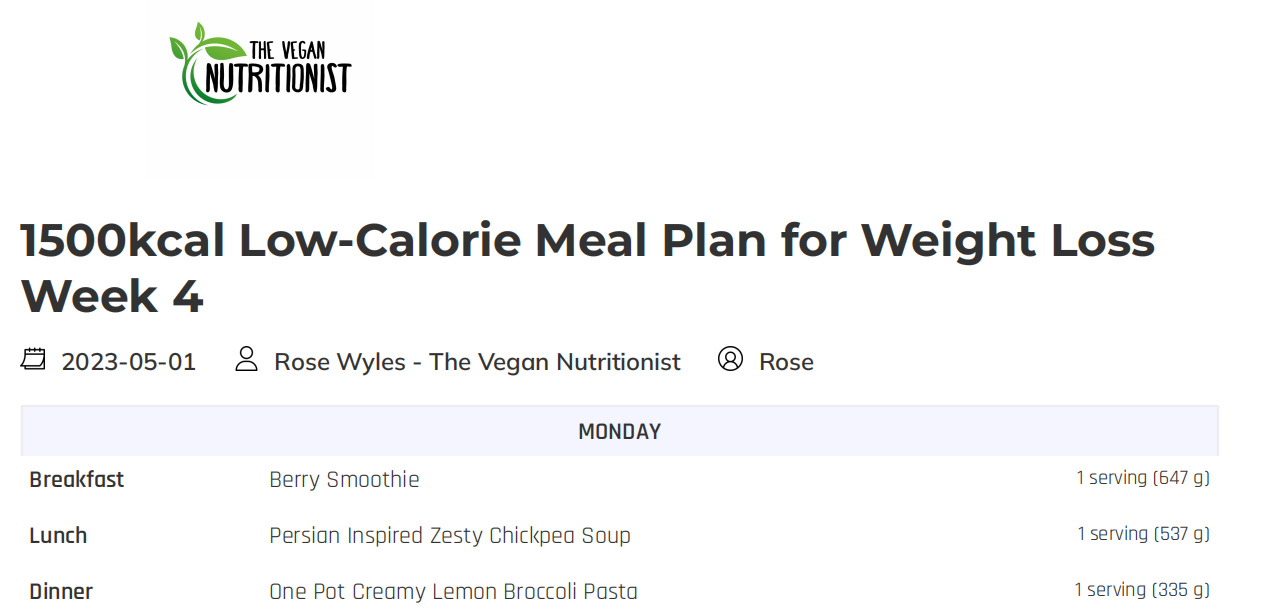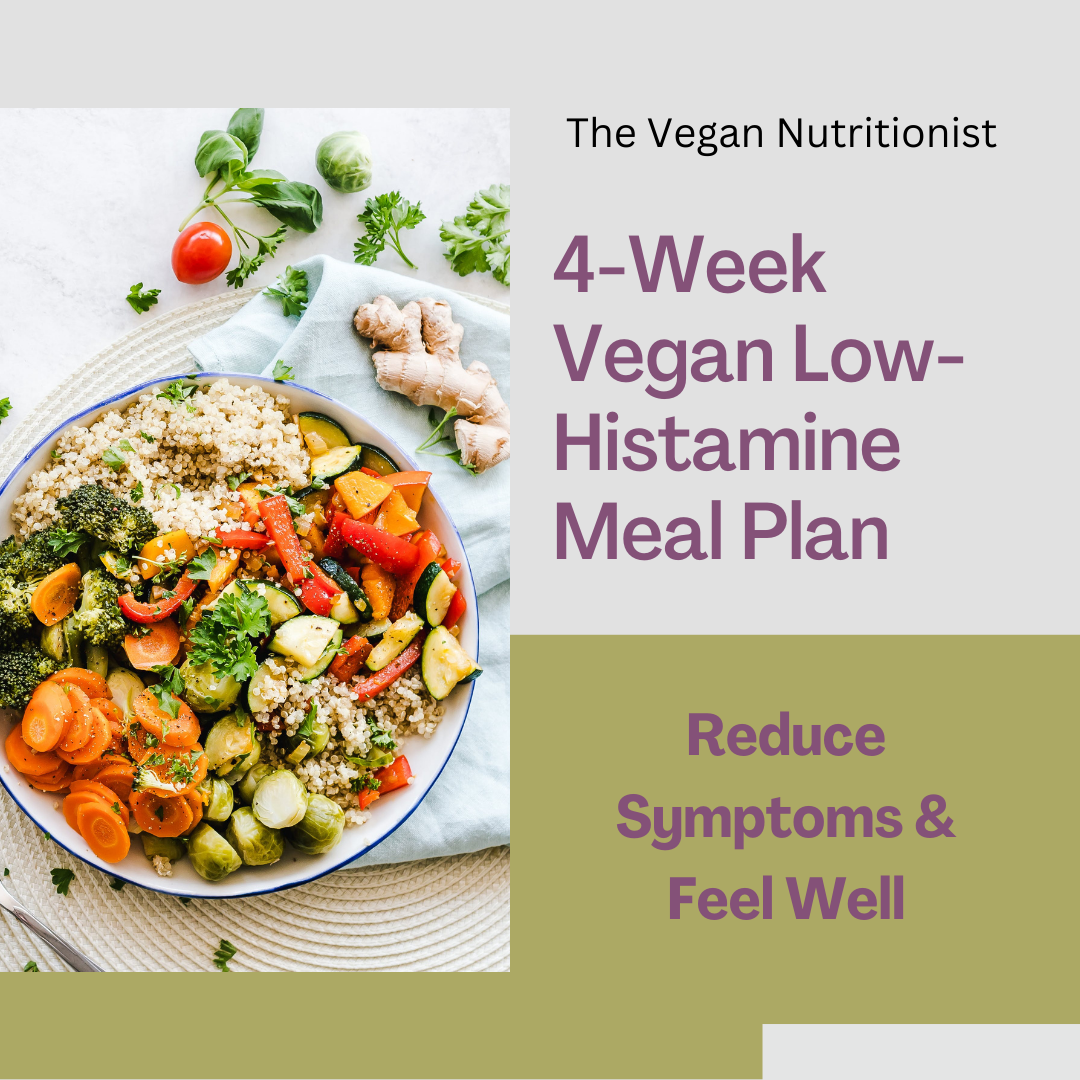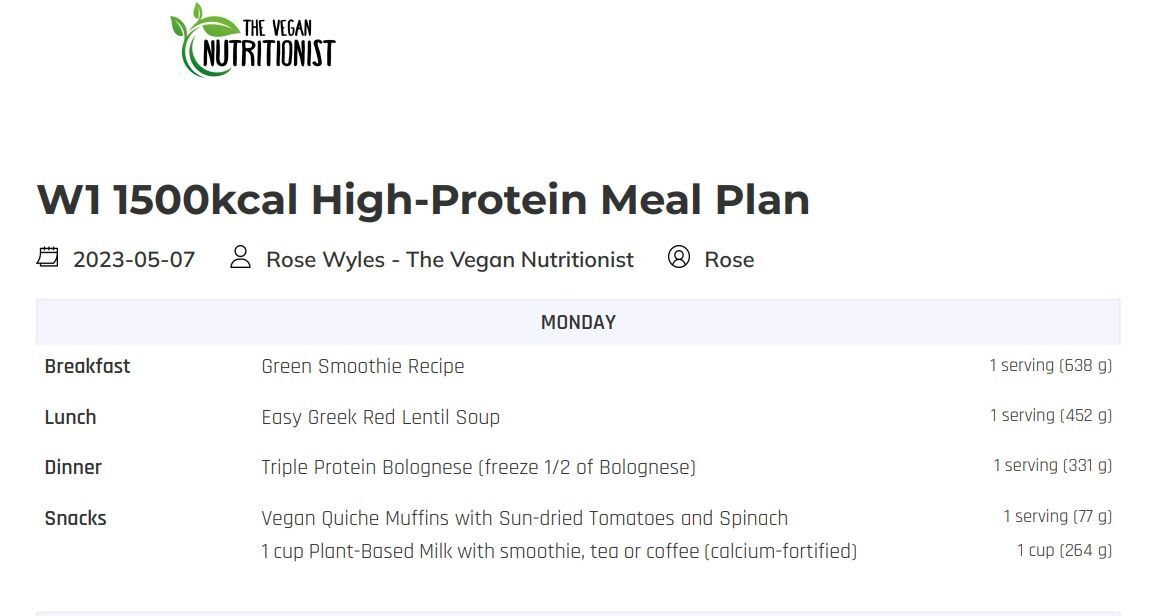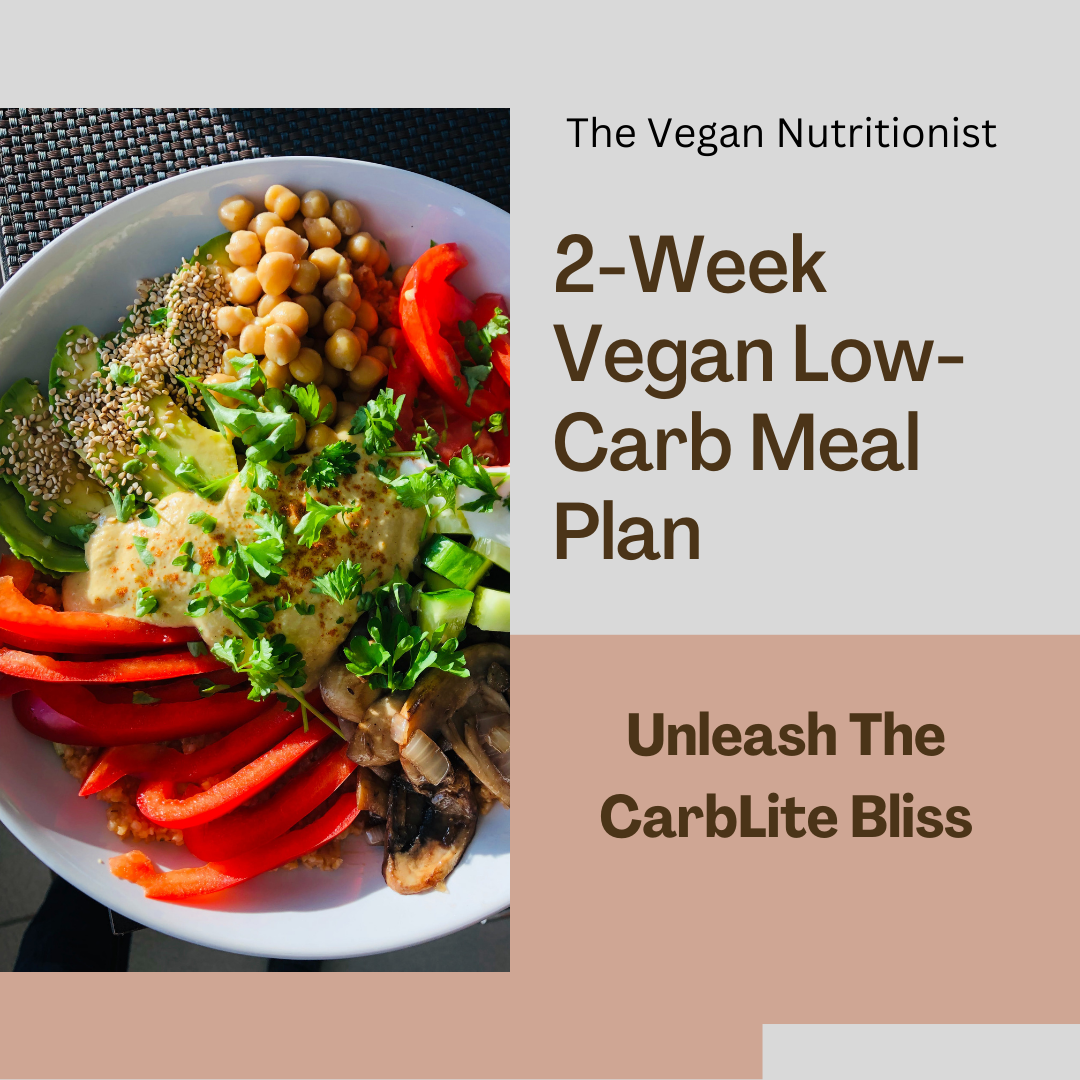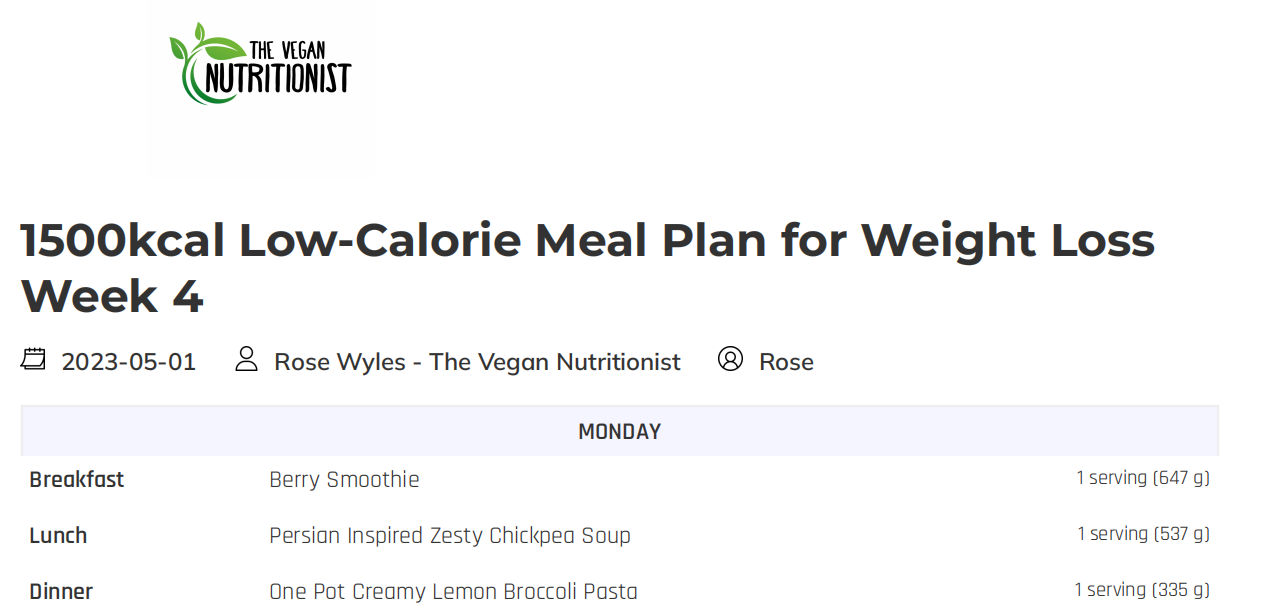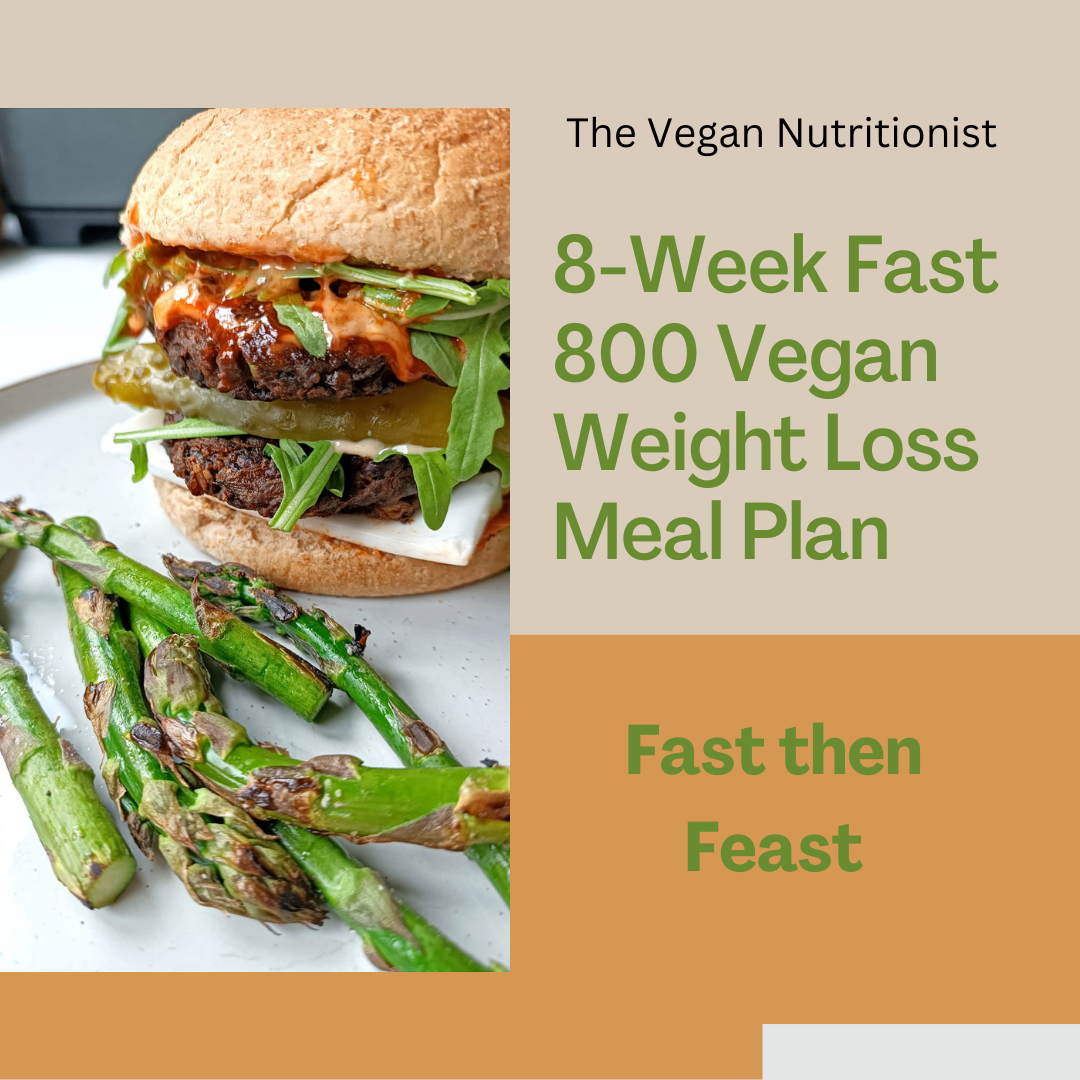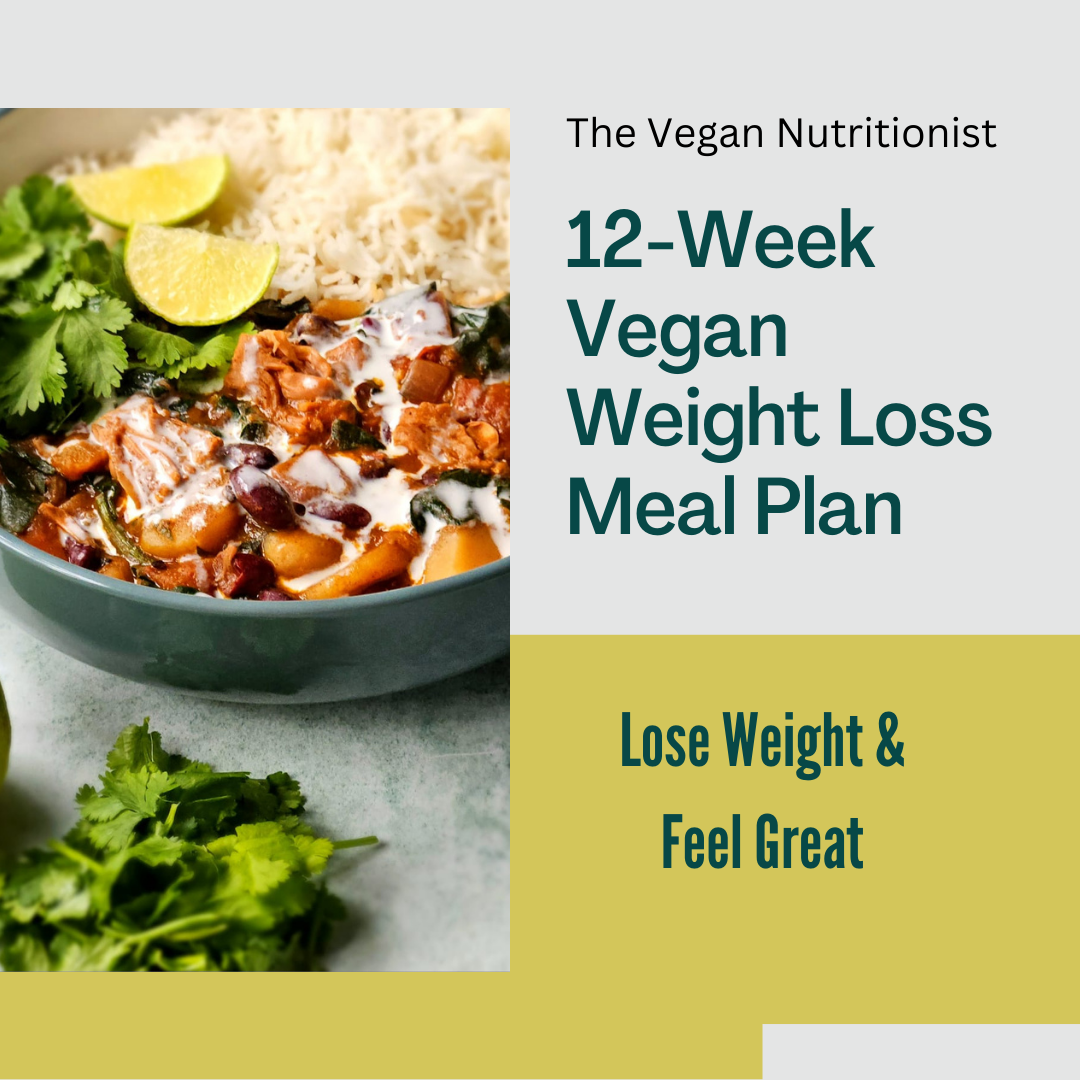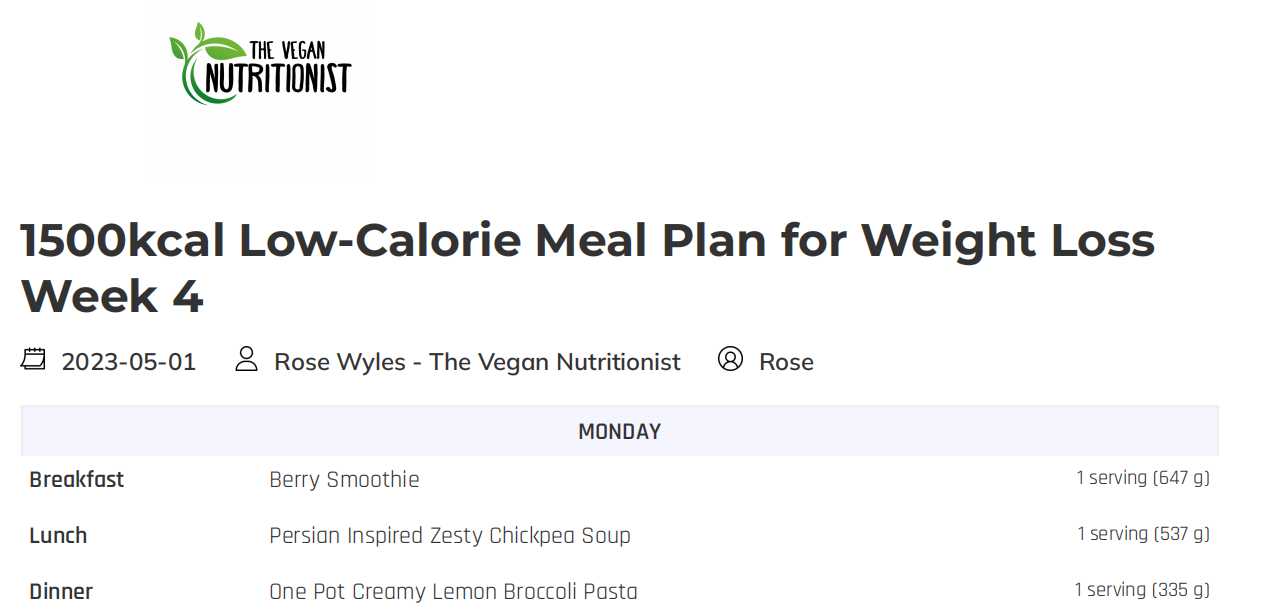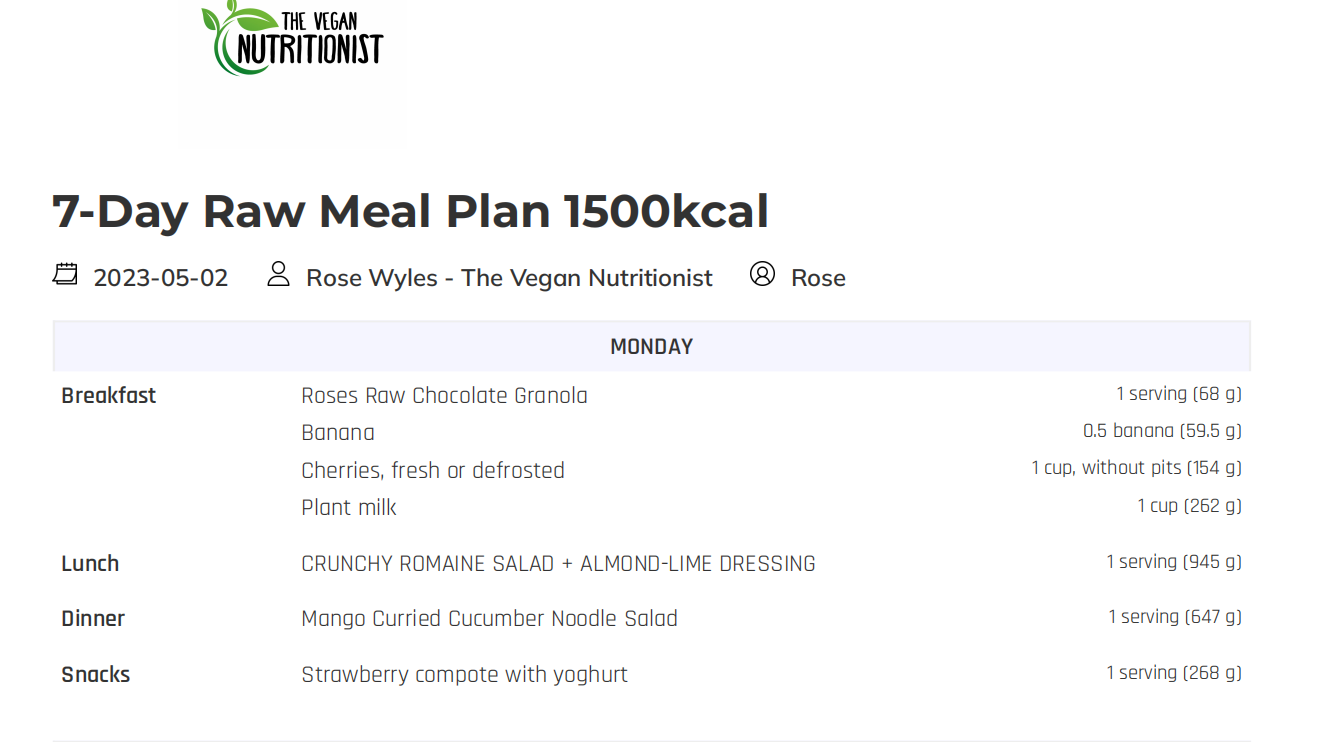Black Forest Gateau Cups
A simple yet luxurious dessert for any occasion

The Scientific Benefits of Chia
Studies have shown that chia seed may help several health issues, such as decreasing oxidative stress, dyslipidemia, blood pressure, and blood glucose management.
Additional health-promoting activities may be attributed to the protein, dietary fibre, polyphenols, amino acid, and fat content of chia seeds. Animal studies show that chia seed intake increases antioxidant activity and decreases inflammation. Researchers conducted comprehensive research on chia seed composition and health effects.
They found the following possible advantages: anti-inflammatory, immunomodulatory, anticarcinogenic, anti-diabetic, and cardiometabolic.
In another systematic review of the chia seed for MetS risk variables, five RCTs were found. Only one study in individuals with hypertension showed that consuming chia seed flour helped lower blood pressure.
Other studies, however, which included overweight people or who had diabetes, glucose, cholesterol level, blood pressure, and waist circumference, showed no difference in total health outcomes after they had consumed whole chia or powdered chia. Additionally, a recent comprehensive review showed that chia seeds intake results in decreased postprandial hyperglycemia, lower HDL cholesterol, and lowered DBP.
Using the GRADE (Grading of Recommendations Assessment, Development, and Evaluation) method, collective data were insignificant for these conclusions. Data quality was generally poor to very poor. The poor quality of the final product was due to inadequate dietary intervention management. The authors reached this conclusion because no study has shown the health benefits of chia seed, regardless of whether or not it was used as a food ingredient.
Ground chia seed consumption decreased postprandial hyperglycemia in healthy individuals caused by high-glucose beverages in recent RCTs. While whole chia seed was not used as a control, grinding the chia treatment likely improved its hydration and bioaccessibility.
The effect of ground Salba-chia seed on obese and overweight people with T2D was investigated in a randomized, double-blind, parallel design trial. Participants ate ground chia seed or oat bran with inulin and maltodextrin as a fibre and energy control.
Weight reduction was the primary research result, and supplements were given as powders or baked whole-wheat bread combined with a 6-month weight-loss program.
The group that received Salba-chia supplements lost more weight than the control group. Furthermore, after six months, the chia-supplemented group had lower CRP and higher adiponectin than the control group.
Although the whole chia was not used as a control, it is conceivable that grinding contributed to this benefit due to improved nutritional accessibility.
Natural Healing with Chia
Chia seeds have many health benefits, which range from:
- Regulating blood sugar, promotes growth, and repairs muscles and bones. It is also responsible for wound healing.
- Providing a rich source of plant-based omega-3's that aid in increasing serotonin, reduce testosterone and PMS, and improve your overall hormone balance. Also, playing a vital role in specific brain functions and the structure and function of other proteins and enzymes.
- Supporting immunity functions of the body, energy production, collagen, and elastin, which supports body tissues.
- Responsible for muscle growth, regeneration, and energy productions.
- Production of haemoglobin and energy regulations.
- Responsible for healthy skin and teeth, fat metabolism and immune functions.
- Health flexibility of skin and hair. It is responsible for tissue growth and facilitates the absorption of vital minerals.
- Acting as a protective barrier that surrounds nerve cells and facilitates growths.
Black Forest Gateau Cups Recipe
- Date, soft, pitted, medjool, 10 date, pitted (240 g)
- Walnuts, 1 cup shelled (50 halves) (100 g)
- Cherries, 1.5 cups (207 g)
- Water 4 tbsp (60g)
- Coconut Cream, scooped out of a tin of full fat coconut milk, 0.5 can (191 g)
- 1 cup icing sugar (125g)
- Chia seeds, 2 tbsp (24 g)
- Cherries, for topping, 4 cherry (33 g)
- Maple Syrup, 1 tablespoons (20 g)
- Cocoa powder for topping, 1 tbsp (5 g)
- Katunzi-Kilewela, A., Kaale, L.D., Kibazohi, O. and Rweyemamu, L.M., 2021. Nutritional, health benefits and usage of chia seeds (Salvia hispanica): A review. African Journal of Food Science, 15(2), pp.48-59.
- Alasalvar, C., Chang, S.K., Bolling, B., Oh, W.Y. and Shahidi, F., 2021. Specialty seeds: Nutrients, bioactives, bioavailability, and health benefits: A comprehensive review. Comprehensive reviews in food science and food safety, 20(3), pp.+44 7908290629.
- Oyalo, J. and Mburu, M., 2021. Health Potential of Chia (Salvia hispanica L.) Seeds-Derived α-linoleic Acid and α-linolenic Acids: A Review. European Journal of Agriculture and Food Sciences, 3(4), pp.5-10.
Share this Post!

Reach out by sending me an email
Need assistance with your diet or health goals? I'm here to help. Send me a message and I'll be in touch.













